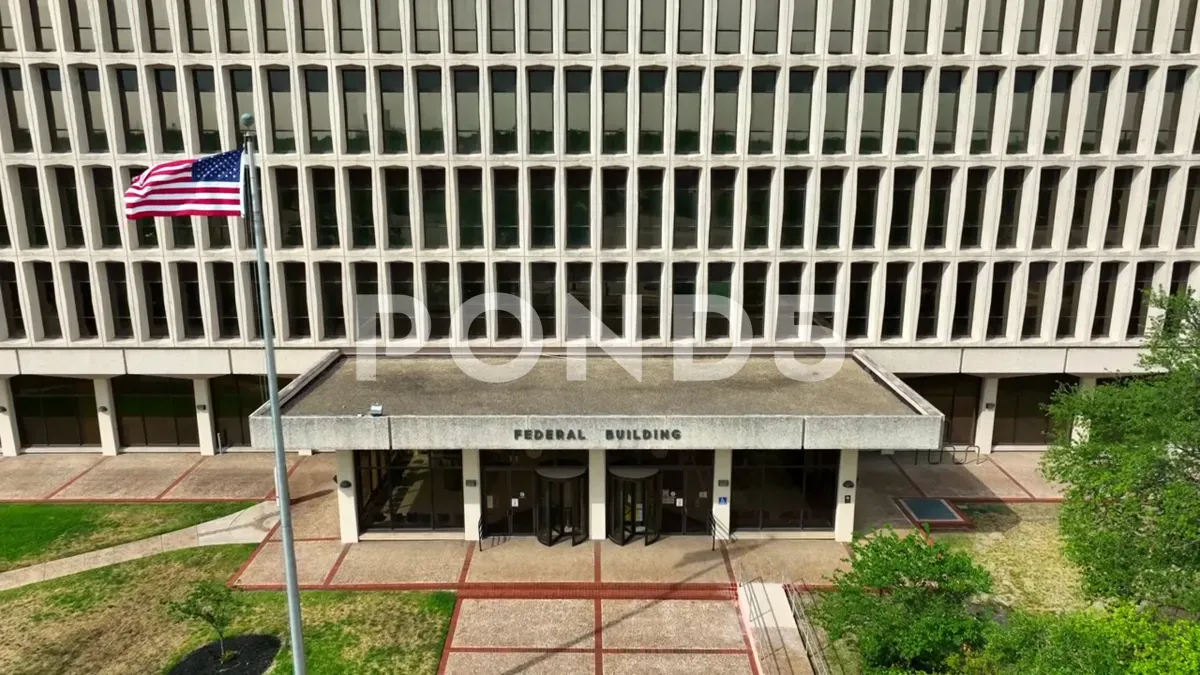Senate Bill for 66 New Federal Judges to Cost $349M Over Decade: CBO
A U.S. Senate-approved bill to add 66 federal judges would cost $349 million over 10 years, says the Congressional Budget Office. The bipartisan JUDGES Act aims to address court staffing shortages and rising caseloads.

The U.S. Senate has unanimously passed a bill proposing the addition of 66 new federal judges to address understaffing in district courts nationwide. According to recent estimates by the Congressional Budget Office (CBO), this initiative would result in a $349 million increase in government spending over the next decade.
The bipartisan JUDGES Act, approved by the Senate on August 1, 2024, represents the first significant expansion of the federal judiciary since 1990. This legislation aims to tackle longstanding requests from the judiciary to alleviate rising caseloads and personnel shortages in understaffed districts across states such as California, Texas, and Delaware.

The CBO, established by the Congressional Budget and Impoundment Control Act of 1974, serves as Congress' nonpartisan fiscal referee. Its analysis reveals that $98 million of the total estimated cost would be allocated to cover judges' constitutionally-protected salaries and benefits through 2034. The average compensation for a federal judge in 2024 was $270,000.
Additionally, the bill would authorize annual appropriations for administrative expenses, including court staff, facilities, security, and technology. These costs are projected to amount to approximately $250 million from 2025 to 2034, assuming Congress approves the necessary funding.
The JUDGES Act proposes creating 63 permanent and three temporary judicial positions. To address concerns about potential political implications, the bill suggests implementing these new seats incrementally every two years over a decade, starting in January 2025, after the November 5, 2024, presidential election.
It's worth noting that no new federal judgeship has been established since 2003, largely due to partisan concerns in Congress about creating vacancies that could be filled by a president of the opposing party. This political consideration highlights the increasingly contentious nature of judicial appointments in recent decades.
The bill also includes a provision requiring the Government Accountability Office (GAO), often referred to as Congress' watchdog agency, to report on judges' caseloads and federal agencies' detention space needs. This reporting requirement is estimated to cost $1 million over the specified period.
As the bill awaits consideration in the U.S. House of Representatives, supporters emphasize the necessity of addressing the judiciary's longstanding requests. Senator Todd Young of Indiana, the lead sponsor of the Senate bill, argues that inaction also carries a cost, potentially denying citizens their day in court.
The federal court system, established by the Judiciary Act of 1789, plays a crucial role in the U.S. government. With 94 federal judicial districts organized into 12 regional circuits, it forms the backbone of the judicial branch. The proposed expansion aims to ensure that this system can effectively manage its growing caseload and maintain the principle of judicial independence fundamental to the U.S. legal system.
As discussions continue in the House about passing the JUDGES Act in the fall of 2024, the CBO's cost analysis is not expected to impede its progress. The outcome of these deliberations will significantly impact the federal judiciary's capacity to serve the American public in the coming years.


































